Reframing the Emily Bronte story from a revisionist perspective, Frances O’Connor’s biopic steps away from the traditional adaptation and into a blend of truth and myth.
The film shapes the complex, sobering elements of the Bronte biography for a younger audience. Casting Sex Education’s Emma Mackey in the lead role, O’Connor’s screenplay focuses on the events leading up to Bronte writing her novel, Wuthering Heights.
We meet the Bronte siblings as young adults: Charlotte, Emily and Anne still live at home in Haworth Parsonage, Yorkshire. Their brother, Branwell, is the great hope of the family and is sent off on various enterprises. Trying his hand at several jobs including railway clerk, he is already starting to sink under the weight of his addictions to alcohol and laudanum.
Thrown into this family dynamic is curate William Weightman. He is drafted in to assist the Brontes’ father, Patrick. Played by Oliver Jackson-Cohen, Weightman is striking and charismatic. The girls tease him and give him nicknames; he writes them fond, affectionate letters. From here, O’Connor moves away from the facts of Emily Bronte’s life and imagines an alternate reality. An erotic charge between William and Emily begins to build, and the two of them embark on a secret love affair.
While this is not a film to charm the Bronte purists, Emily takes the challenge of recreating the atmosphere of the Brontes’ lives, and runs with it. Haworth discards its tourist persona and becomes the town the Brontes would have recognised: dour schoolrooms, narrow poky streets. What is interesting is how O’Connor has chosen to illustrate the contrast between the untethered wildness of Emily Bronte’s creativity, and her tightly-circumscribed life, with sound. The bellowing, skittish winds are a constant, pushing against the Parsonage windows, calling Emily out onto the moors. Added to it is Abel Korzeniowski’s fiercely elemental soundtrack: the composer portrays Bronte’s inner life to perfection. The music swells and soars to capture Emily’s longing for freedom, in whatever form that takes. The string-heavy melody hovers around the axis of Bronte’s personal and literary aspirations. It is through its soundscape that the film explores how Emily’s life was lived on the margins, the edges. It fills in the gaps left by the screenplay, as good film music always does.
This re-interpretation of Emily / Emily also charts how the Brontes became a literary phenomenon. The Brontean influences are all accounted for: nature, poetry and passion are at the core of O’Connor’s project. But there is still the question of how much the film-maker should intervene when the subject remains evasive, and, to be fair, Emily Bronte specialised in evasion. There is very little concrete information about her, but there is plenty of supposition. O’Connor tacks on a (not unreasonable) suggestion of Emily being somewhere within the autistic spectrum. Her habits – hiding when visitors came to the Parsonage – are not just indicative of extreme shyness. Emma Mackey uses this in her portrayal of Emily – the pain of knowing what is required to ‘fit in’ but never quite managing it – is embedded in her characterisation. The relationship between Emily and Branwell (Fionn Whitehead) is also cleverly observed. It was one of Emily’s jobs to fetch him home from the pub, and her frustration at Branwell’s inability to dig himself out of a cycle of depression and substance abuse is sympathetically drawn, perhaps more so from a 21st century viewpoint, but it works.
While O’Connor is right to approach her subject from a modern stance, by inventing whole swathes of back story, Emily runs the risk of undoing what is good about the film. The fabrication of a relationship between Bronte and Weightman, and putting it at the centre of the narrative, minimises Bronte’s literary achievements. The idea that Bronte only wrote Wuthering Heights after encouragement from the men in her life is utter fiction and distinctly un-feminist. For a film that advocates women unashamedly seeking pleasure and independence, Emily says one thing, while doing another.
There is a tendency to oversimplify Bronte’s life, but Emily does succeed in painting – with broad strokes – a picture of life living and writing in Haworth. Failing to meet the societal expectations of her time, Emily is more recognisable to us now as someone who was neurodivergent. This is what created her unique authorial voice, and Emily in its non-verbal moments – the moors, the music – articulates Bronte’s capacity to look at the world through a different lens. Her stories: the one she lived, and the one she wrote, couldn’t have ended any other way.
Emily is screening from Friday 16th – Thursday 22nd December.
Reviewed by Helen Tope

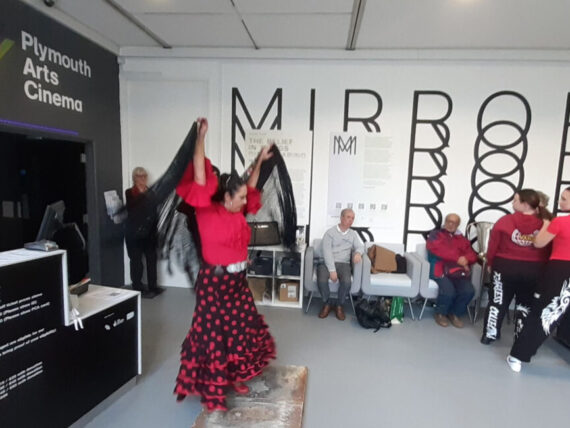
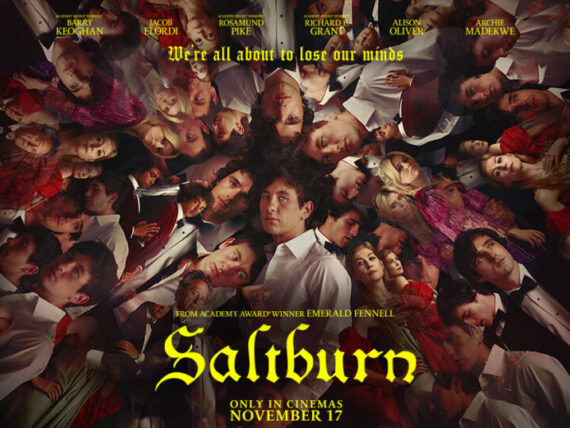


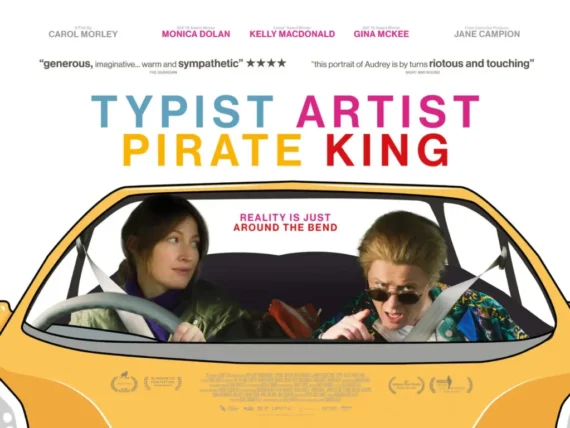
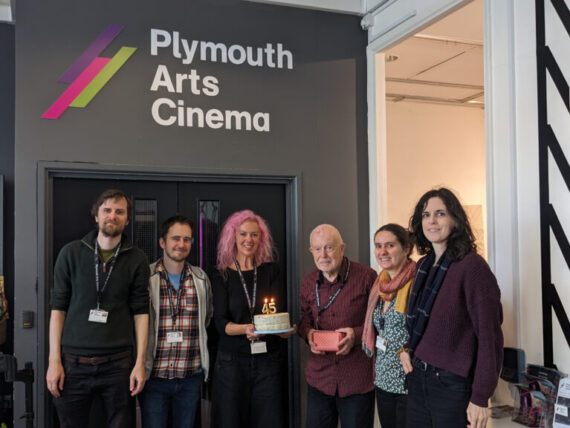
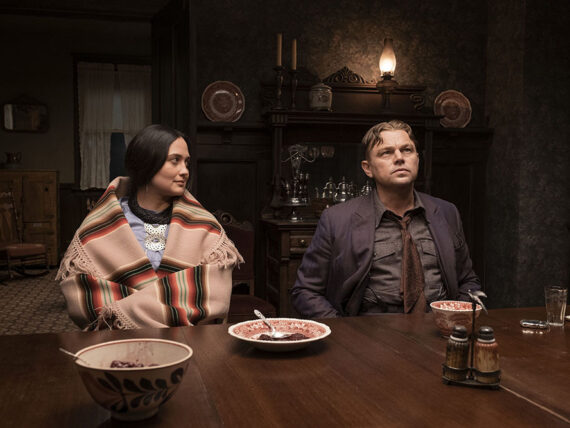
Comments
No comment yet.